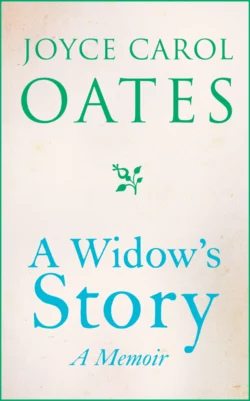A Widow’s Story: A Memoir

Joyce Oates
Тип: электронная книга
Жанр: Биографии и мемуары
Язык: на английском языке
Стоимость: 1252.89 ₽
Статус: В продаже
Издательство: HarperCollins
Дата публикации: 16.04.2024
Отзывы: Пока нет Добавить отзыв
О книге: “My husband died, my life collapsed.”On a February morning, Joyce Carol Oates drove her ailing husband, Raymond Smith, to the Princeton Medical Center where he was diagnosed with pneumonia. In less than a week, Ray was dead and Joyce was faced – totally unprepared – with the reality of widowhood.In this beautiful and heart-breaking account, Joyce takes us through what it is to become a widow: the derangement of denial, the anguish of loss, the disorientation of the survivor and the solace of friendship. Acutely perceptive and intensely moving, A Widow’s Story is at once a truly personal account and an extraordinary and universal story of life and death, love and grief.